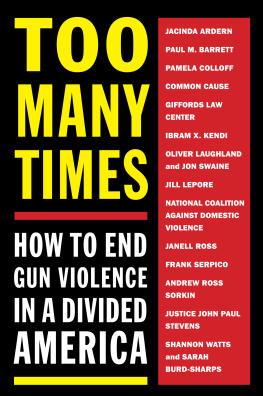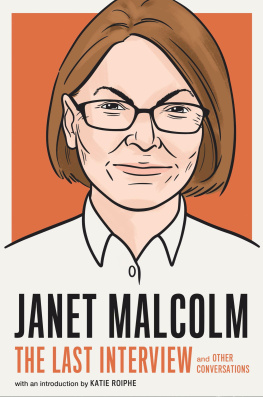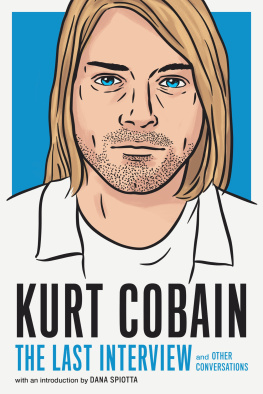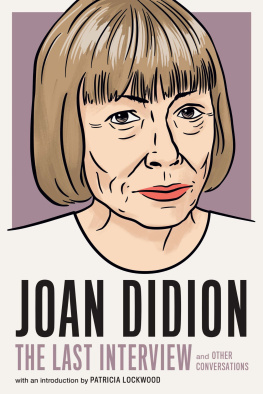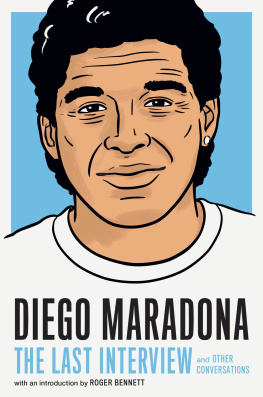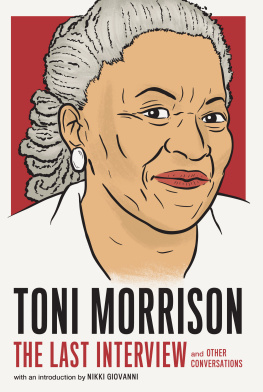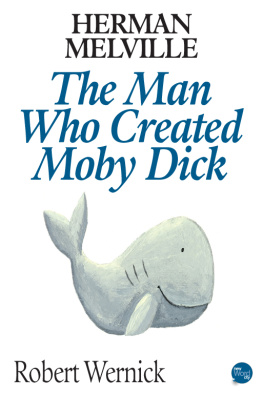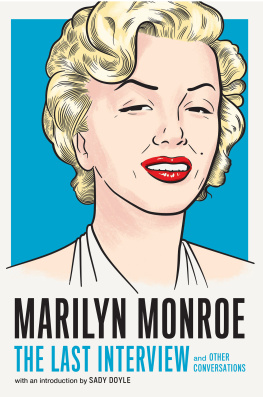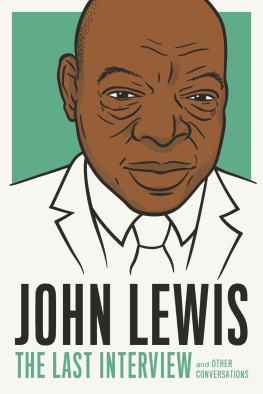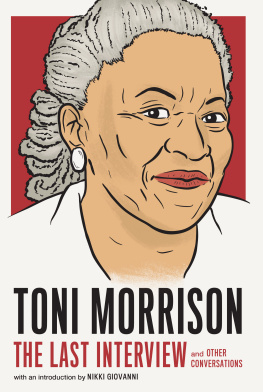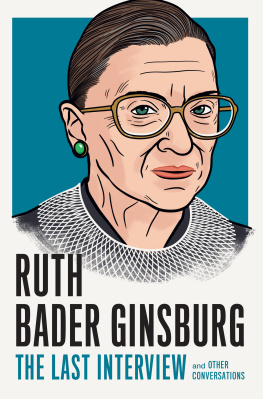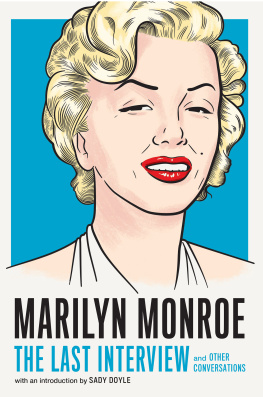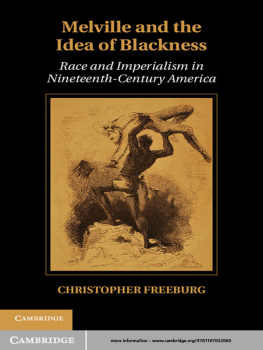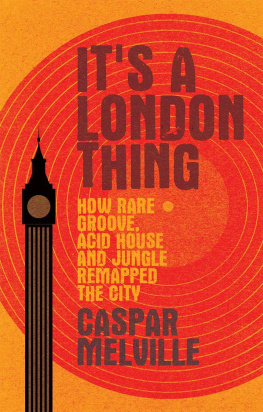MELVILLE HOUSE - Too Many Times: How to End Gun Violence in a Divided America
Here you can read online MELVILLE HOUSE - Too Many Times: How to End Gun Violence in a Divided America full text of the book (entire story) in english for free. Download pdf and epub, get meaning, cover and reviews about this ebook. year: 2020, publisher: Melville House, genre: Detective and thriller. Description of the work, (preface) as well as reviews are available. Best literature library LitArk.com created for fans of good reading and offers a wide selection of genres:
Romance novel
Science fiction
Adventure
Detective
Science
History
Home and family
Prose
Art
Politics
Computer
Non-fiction
Religion
Business
Children
Humor
Choose a favorite category and find really read worthwhile books. Enjoy immersion in the world of imagination, feel the emotions of the characters or learn something new for yourself, make an fascinating discovery.
- Book:Too Many Times: How to End Gun Violence in a Divided America
- Author:
- Publisher:Melville House
- Genre:
- Year:2020
- Rating:3 / 5
- Favourites:Add to favourites
- Your mark:
- 60
- 1
- 2
- 3
- 4
- 5
Too Many Times: How to End Gun Violence in a Divided America: summary, description and annotation
We offer to read an annotation, description, summary or preface (depends on what the author of the book "Too Many Times: How to End Gun Violence in a Divided America" wrote himself). If you haven't found the necessary information about the book — write in the comments, we will try to find it.
Too Many Times: How to End Gun Violence in a Divided America — read online for free the complete book (whole text) full work
Below is the text of the book, divided by pages. System saving the place of the last page read, allows you to conveniently read the book "Too Many Times: How to End Gun Violence in a Divided America" online for free, without having to search again every time where you left off. Put a bookmark, and you can go to the page where you finished reading at any time.
Font size:
Interval:
Bookmark:
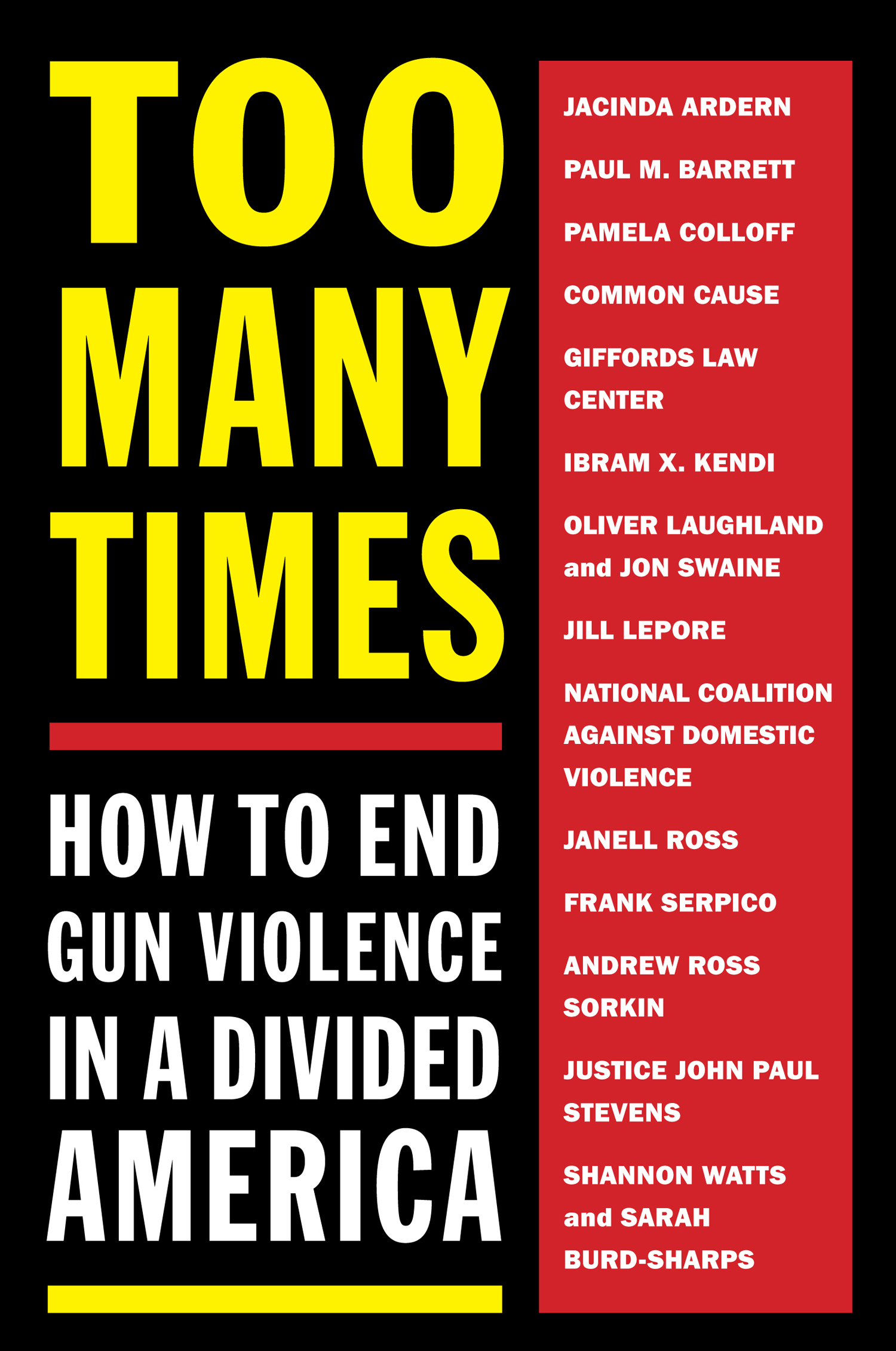
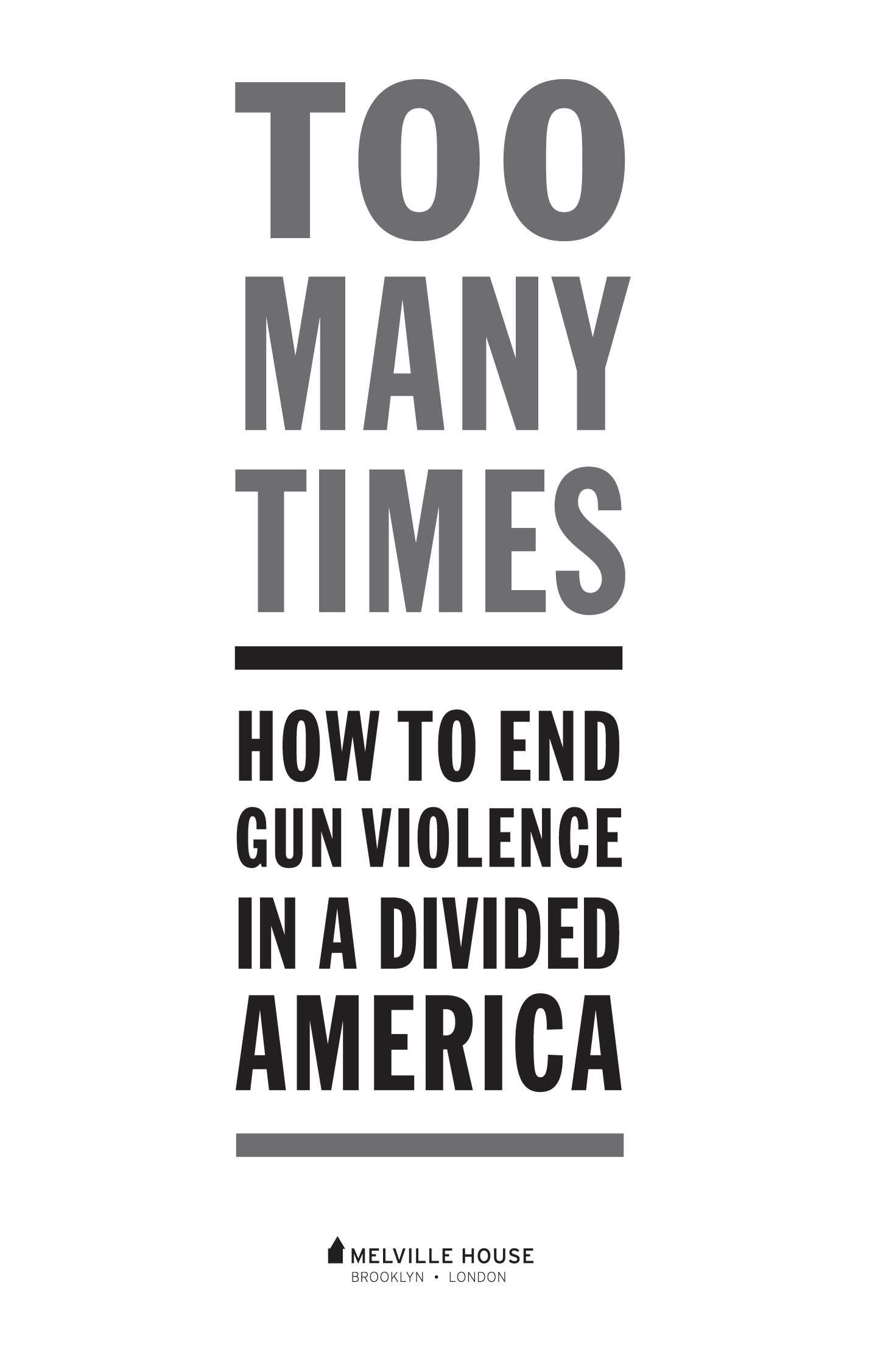
TOO MANY TIMES
First published in 2020 by Melville House Publishing
Copyright Melville House Publishing, 2020
96 Minutes from Texas Monthly. Copyright 2006 by Texas Monthly. Reprinted with permission.
I Dream About it Every Night from The Guardian. Copyright 2015 by The Guardian. Reprinted with permission.
A Lynch Mob of One 2019 The Atlantic Media Co., as first published in The Atlantic Magazine. All rights reserved. Distributed by Tribune Content Agency, LLC
Battleground America Copyright 2012 by Jill Lepore, All Rights Reserved. Battleground America first appeared in The New Yorker Magazine (April 2012).
No copyright is claimed on works of the United States Government.
Why Gun Makers Fear the NRA from Bloomberg Businessweek. Copyright 2013 by Bloomberg Businessweek. Reprinted with permission.
How police justify shootings: The 1974 killing of an unarmed teen set a standard from NBC News. Copyright 2020 by National Broadcasting Company News. Reprinted with permission. Works by the government of New Zealand are under Crown Copyright and used here under Creative Common Attribution 3.0 New Zealand (CC BY 3.0 NZ)
Walmarts C.E.O. Steps Into the Gun Debate from The New York Times. Copyright 2019 by The New York Times. Reprinted with permission.
The Police Are Still Out of Control from Politico Magazine.
Copyright 2016 POLITICO LLC. Reprinted with permission.
First Melville House Printing: October 2020
Melville House Publishing
46 John Street Brooklyn, NY 11201
and
Melville House UK
Suite 2000 16/18 Woodford Road London E7 0HA
mhpbooks.com
@melvillehouse
Ebook ISBN9781612198804
Library of Congress Cataloging-in-Publication Data 2020942670
Book design by Beste M. Doan, adapted for ebook
A catalog record for this book is available from the Library of Congress
a_prh_5.6.0_c0_r0
BY PAMELA COLLOFF
On the morning of August 1, 1966, not long before summer classes at the University of Texas at Austin were about to let out for lunch, an architectural engineering major named Charles Whitman arrived at the Tower dressed as a maintenance man. He would be described the following day in the Austin American as a good son, a top Boy Scout, an excellent Marine, an honor student, a hard worker, a loving husband, a fine scout master, a handsome man, a wonderful friend to all who knew himand an expert sniper. The footlocker he wheeled behind him contained three rifles, two pistols, and a sawed-off shotgun, as well as a cache of supplies (among them canned peaches, deodorant, an alarm clock, binoculars, toilet paper, a machete, and sweet rolls) that suggested he planned to stay awhile. After a receptionist switched on an elevator that Whitman had been trying in vain to operate, he smiled and said, Thank you, maam. You dont know how happy that makes me.
Whitman rode the elevator to the twenty-seventh floor, dragged his footlocker up the stairs to the observation deck, and introduced the nation to the idea of mass murder in a public space. Before 9/11, before Columbine, before the Oklahoma City bombing, before going postal was a turn of phrase, the 25-year-old ushered in the notion that any group of people, anywhereeven walking around a university campus on a summer daycould be killed at random by a stranger. The crime scene spanned the length of five city blocks, from Twentieth to Twenty-fifth streets, bounded by Guadalupe (the Drag) to the west and Speedway to the east, and covered the nerve center of what was then a relatively small, quiet college town. Hundreds of students, professors, tourists, and store clerks witnessed the 96-minute killing spree as they crouched behind trees, hid under desks, took cover in stairwells, or, if they had been hit, played dead.
Both the Associated Press and United Press International would rank the shootings as the second most important story of the year, behind only the war in Vietnam. But until 1999, when the university dedicated a memorial garden near the Tower to the victims, the only physical reminder on campus of what had taken place were the few remaining bullet holes left in its limestone walls. (Many of the original scars had, over the years, been filled in with plaster.) No plaques had ever been displayed, no list of names read, no memorial services held. Decades of institutional silence had turned the shootings, and Whitman himself, into the answers to trivia questions. But, of course, there was nothing at all trivial about that day.
To mark the fortieth anniversary of that day, we asked the people who were there to tell their stories.
Whitmans first shot was fired at 11:48 a.m.
SHELTON WILLIAMSwas a senior at UT. He is the director of the Osgood Center for International Studies, in Washington, D.C. It was a few minutes to noon, and I was driving down the Drag in my brand-new red 1966 Mustang. My sister-in-law was visiting from Midland, and I was kind of showing off Austin to her. It was a bright, sunshiny day. I remember Monday, Monday, by the Mamas and the Papas, playing on the radio. We got to the stoplight thats right there outside of the University Co-op Bookstore, and thats when I heard it. A lot of people thought it was a car backfiring or a sound they just couldnt discern. I attribute this to the fact that Im from West Texas, but I knew immediately that it was gunshots.
JOHN PIPKINwas a senior. He is a retired money manager in Houston. A couple of buddies and I had gone down to Scholz Garten to get lunch before we had to go to work that afternoon. We were eating sandwiches when some guy busts open the door and jumps up on the bar and starts screaming for everybodys attention. Hes yelling, You gotta hear what Im saying! Theres a sniper up on the Tower and hes shooting people! Everybody in the place starts laughing and saying, Yeah, righta sniper on the Tower. Lets drink to the sniper! So everybody raises their beers and makes a big joke out of it. The guy says, No, Im serious. Theres a sniper up on the Tower and hes shooting people! And about that time, we started to hear sirens.
BRENDA BELLwas a junior. She is an assistant features editor at the Austin American-Statesman. The anti-war movement wasnt very big yet on campus when this happened. The guys still had short haircuts and the girls had flips. We were right at the end of that era, with the Peter Pan collars and the circle pins and the Pappagallo shoes and the fraternity and sorority parties. Random violence and mass murder wasnt something we knew. If this happened now, there would almost be a feeling of having seen it before. But we had no reference point then. We werent even scared at first. We were just wildly curious. I was in Shakespeare class when it started, and we all ran to the windows of the English building, which is now Parlin Hall, and stood there peering out over each others shoulders.
CLAIRE JAMESwas a freshman. She teaches elementary and junior high school in Tucson, Arizona. My boyfriend, Tom Eckman, and I were drinking coffee at the Chuck Wagon when we decided that wed better put another nickel in the parking meter. We were walking across the South Mall, holding hands, when all of a sudden I felt like Id stepped on a live wire, like Id been electrocuted. I was eight months pregnant at the time. Tom said, Baby and reached out for me. And then he was hit.
Font size:
Interval:
Bookmark:
Similar books «Too Many Times: How to End Gun Violence in a Divided America»
Look at similar books to Too Many Times: How to End Gun Violence in a Divided America. We have selected literature similar in name and meaning in the hope of providing readers with more options to find new, interesting, not yet read works.
Discussion, reviews of the book Too Many Times: How to End Gun Violence in a Divided America and just readers' own opinions. Leave your comments, write what you think about the work, its meaning or the main characters. Specify what exactly you liked and what you didn't like, and why you think so.

